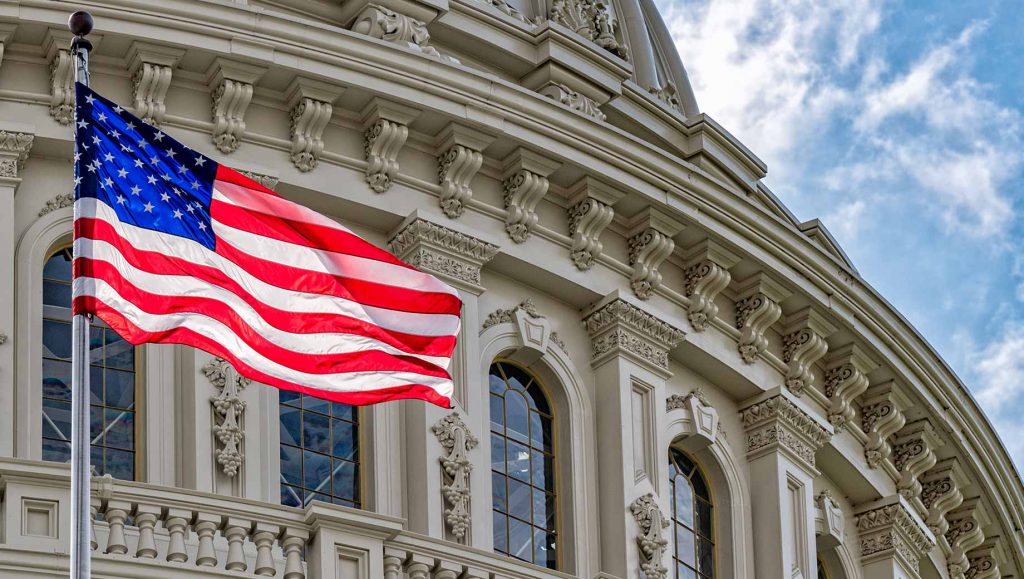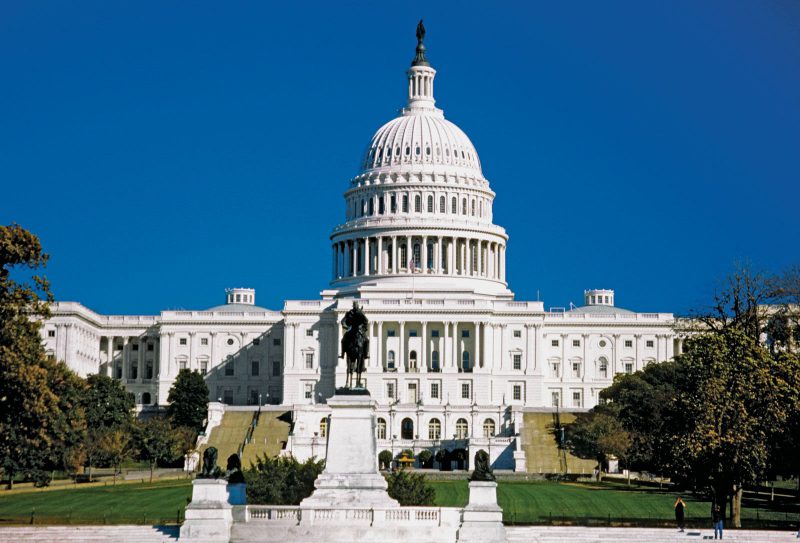The “Restricting the Emergence of Security Threats that Risk Information and Communication Technology Act” has been gaining a lot of notoriety in recent weeks. Yet, the legislation, better known as the RESTRICT Act, has cited included proposals that could issue a 20-year jail sentence to US citizens using banned apps.
The act has been forwarded to US Congress and is providing panic among digital technology users who value their privacy. Moreover, the proposal places a clear target on VPN users and those in the crypto industry, due to the necessity of their privacy protection.
RESTRICT Act Proving Controversial


Over the last month, with discourse surrounding the banning of Tik Tok, the government has enacted a fight against digital information accumulation. Conversely, that fight has brought forth a new legislative attempts that worry many digital privacy advocates in the country.
Specifically, the RESTRICT Act included proposals that could offer a 20-year jail sentence to US citizens using banned apps. Moreover, Bitcoinist reports that the act could also issue a $250,000 fine for accessing “banned apps,” using a Virtual Private Network (VPN).
The development undoubtedly impacts the digital asset industry, as they have cited a new potential threat to personal custody and digital privacy. Two aspects are crucial to the industry’s functioning for some traders.


Concerningly, Bitcoininst notes, “The legislation would give the United States government sweeping powers to crack down on any technologies and services it sees as a threat to national security, including VPNs.”
This will undoubtedly affect traders who utilize VPNs, which have gained prevalence for their vitality to private network activity. Moreover, the development is showcasing a dangerous precedent in which the government is not forced to differentiate between the activity of a privacy advocate and someone with criminal incentives.





